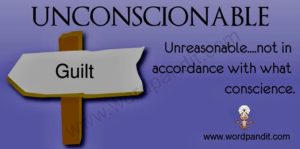
In Jones v Davidson 2020 BCSC 1371, a plaintiff unsuccessfully sought damages against a defendant who had claimed she was a common-law spouse, having lived continuously with the deceased for at least two years immediately before his death as required in an intestacy, when in fact it was proven she had not.
The law governing fraudulent misrepresentation was summarized in Van Beek v Dodd 2010 BC SC 1639.
In order to succeed in a claim for fraudulent misrepresentation, the following must be established:
1. the defendant made a misrepresentation of fact to the plaintiff;
2. the representation was false in fact;
3. the defendant knew that the representation was false when it was made, or made the false representation recklessly, not knowing if it was true or false;
4. the defendant intended for the plaintiffs to act on the representation;
5. the plaintiffs were induced to enter into the contract in reliance upon the false representation, and thereby suffered a detriment.
In Anderson v. British Columbia securities commission 2004 BCCA seven at paragraph 9, the Court of Appeal stated that proof of fraud requires clear and convincing evidence of the elements of civil fraud, including the mental element.




